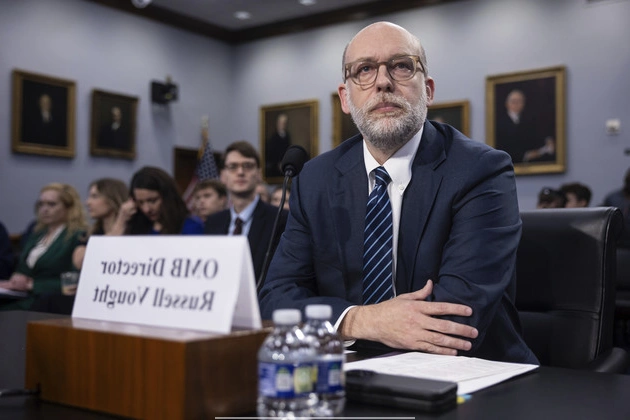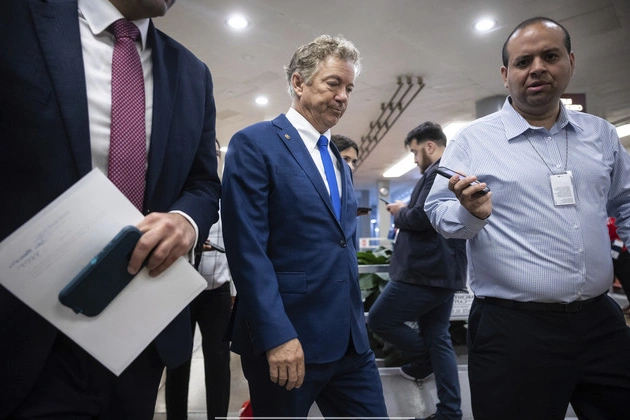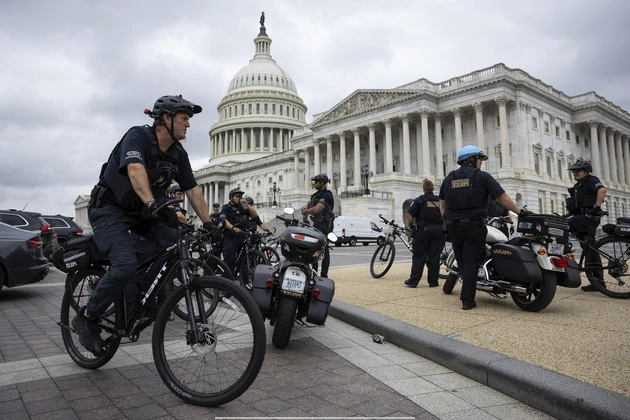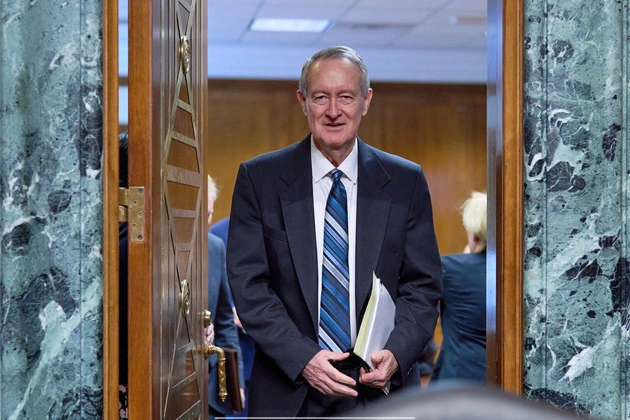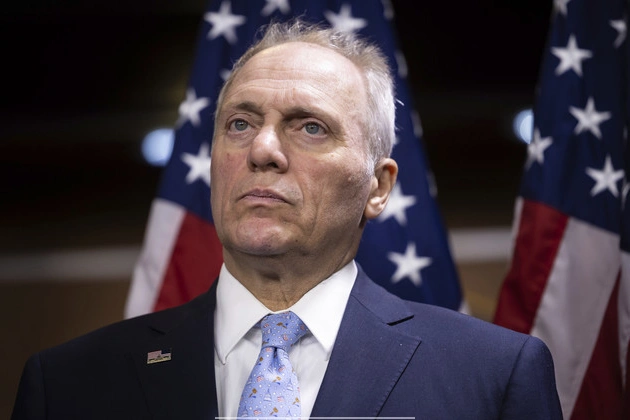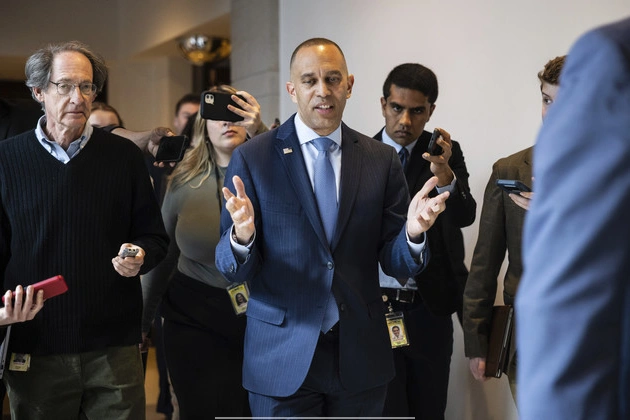
In the realm of political warfare gearing up for the upcoming midterms, House Democrats have found a potent weapon to wield against Republicans: congressional stock trading. The recent market turbulence stemming from President Donald Trump’s tariffs has provided the perfect backdrop for Democrats to intensify their scrutiny of politicians’ investment activities.
The Democratic Offensive
This week, the spotlight fell on Rep. Marjorie Taylor Greene (R-Ga.) following revelations of her stock purchases during a tariff-induced market dip. Subsequent market movements, triggered by Trump’s tariff policy changes, resulted in significant gains for Greene’s investments, fueling the Democrats’ ammunition against GOP leaders.
As more trading disclosures loom on the horizon, with members mandated to report most transactions within 45 days, Democrats are poised to escalate their attacks on Republican counterparts. The call for a ban on individual stock trading has gained traction, with Rep. Seth Magaziner (D-R.I.) emphasizing the importance of legislative action.
The Democratic Strategy
House Minority Leader Hakeem Jeffries has taken a decisive stance by advocating for a ban on member stock trading, signaling a significant shift in the Democratic agenda. The potential ban could become a key legislative priority for the party post the November 2026 elections if they secure a majority.
Democrats are counting on the resonance of this issue amidst broader economic uncertainties as they lay the groundwork for their midterm campaign against Republicans. Recent polling data indicates strong support for banning lawmakers from trading stocks, especially in battleground districts.
Bipartisan Support and White House Response
Several stock-trading bills enjoy bipartisan backing, including Magaziner’s proposal co-sponsored by Republicans like Rep. Chip Roy (Texas). The White House has shown openness to exploring a stock trading ban, reflecting the issue’s bipartisan appeal.
However, the onus is on GOP leaders like Speaker Mike Johnson and Senate Majority Leader John Thune to navigate this contentious terrain. Failure to address the issue could carry political consequences in the upcoming midterms, as highlighted by Magaziner.
Historical Parallels and Counterattacks
The focus on member stock trading mirrors the Democratic playbook from previous electoral victories, drawing parallels to strategies employed in the 2018 and 2006 midterms. The narrative of combating corruption and restoring trust resonates strongly with voters, especially in purple districts.
Purple-district Republicans are proactively aligning themselves with bipartisan efforts to address stock trading concerns, deflecting potential Democratic salvos. They are quick to underscore Democrats’ vulnerabilities on this issue, pointing to past instances of stock trading controversies involving Democratic leaders.
Future Prospects and Legislative Path
As Democrats rally behind the stock trading ban proposal, the path to legislative fruition remains uncertain. Jeffries’ push for a ban underscores the evolving stance within the Democratic caucus, with support growing for measures to curb member stock trading.
While Senate Minority Leader Chuck Schumer has voiced support for restricting member stock trading, the specifics of the legislative framework await further clarity. The issue is poised to evolve as lawmakers deliberate on the best course of action to address concerns of insider trading and ethical lapses.
As the political landscape grapples with the intricacies of stock trading regulations, the specter of potential investigations looms large. The need for transparency and accountability in financial dealings resonates strongly with the public, shaping the discourse around member stock trading.
It’s imperative for lawmakers to navigate this terrain judiciously, ensuring that legislative actions reflect the public’s demand for ethical governance and accountability in financial matters.






